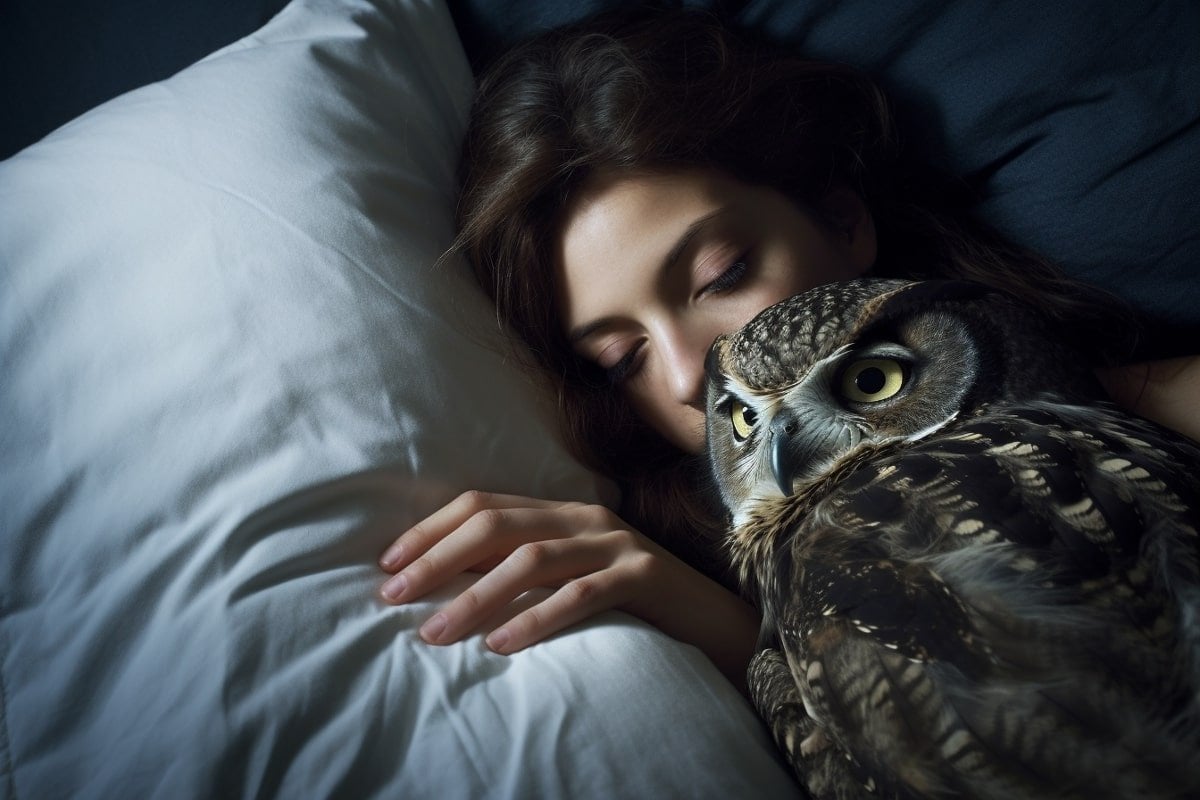
Are Night Owls More Impulsive? New Study Reveals Surprising Findings
A recent study presented at the SLEEP 2025 annual meeting has shed light on the behavior of adolescents who identify as “night owls.” Contrary to popular belief, these individuals may be more impulsive compared to their early-rising counterparts.
The study found that night owls tend to exhibit higher negative urgency and lower perseverance, which indicates a tendency to act impulsively under stress and give up on challenging tasks. This new insight challenges the notion that early risers are more disciplined and focused.
Furthermore, the research team discovered that night owls may actually possess better cognitive abilities than morning larks. This revelation goes against the conventional wisdom that associates early birds with higher intelligence.
Optimal Sleep Duration for Brain Health
Regardless of whether you identify as a night owl or a morning lark, experts recommend getting 7 to 9 hours of sleep per night for optimal brain function. This ideal sleep duration range was reaffirmed by the findings of the study, emphasizing the importance of quality rest for cognitive performance.
A separate study conducted by the Imperial College London also supported the notion that night owls exhibit superior cognitive function compared to their early-rising counterparts. The study highlighted the detrimental effects of both insufficient sleep (less than 7 hours) and excessive sleep (more than 9 hours) on brain health.
The Impact of Chronotype on Cognitive Function
The study revealed that an individual’s chronotype, which refers to their preference for morning or evening activities, plays a significant role in cognitive function. Night owls, who thrive in the evening, demonstrated better cognitive scores in comparison to morning-oriented individuals.
Interestingly, individuals with a neutral preference between day and night activities showed intermediate cognitive scores, suggesting a nuanced relationship between chronotype and cognitive performance.
In conclusion, the study from the U.K. challenges stereotypes surrounding night owls and morning larks. The findings indicate that one’s preference for sleep and wake times can have a notable impact on impulsivity and cognitive abilities, emphasizing the importance of maintaining a healthy sleep schedule for overall brain health.







